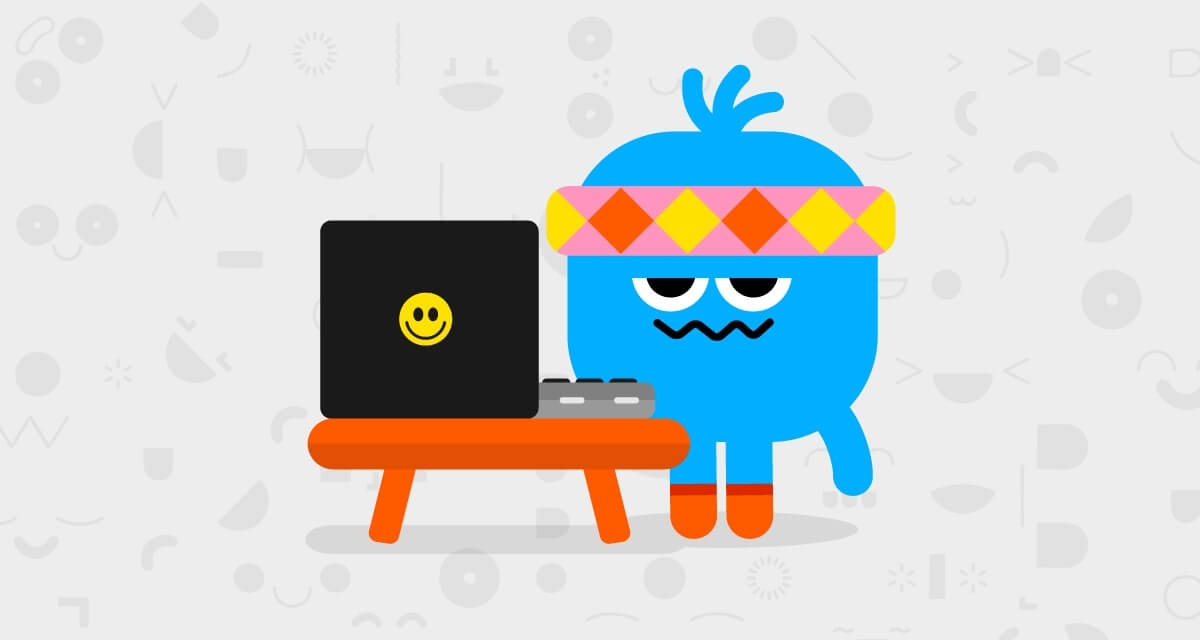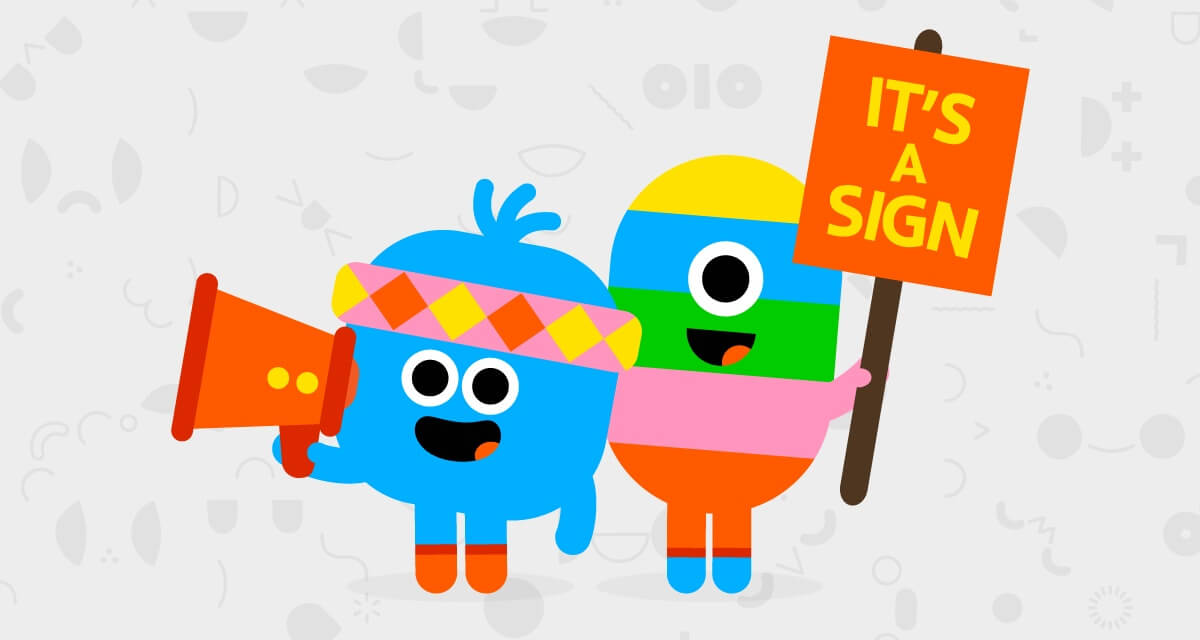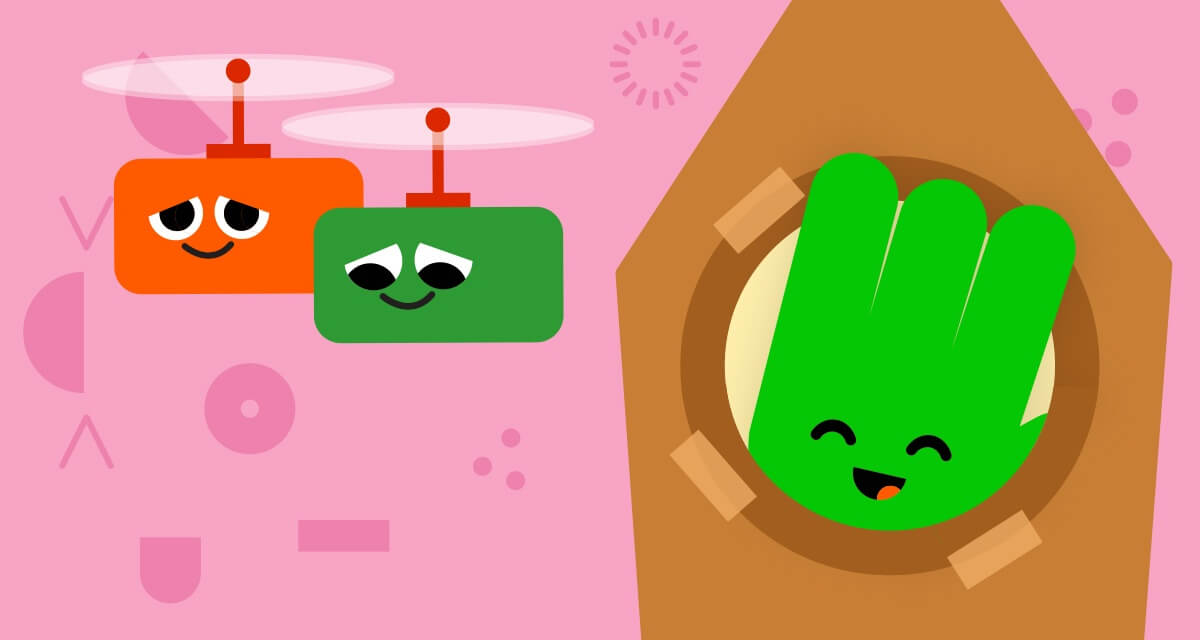Defining "childism" and its opposite force, "adultism."
- By
- Parker Barry
Childism is the radical notion that kids need to be respected as human beings. It states that despite differences in size, experience and power, adults and children are inherently of equal worth, and that kids’ perspectives and experiences should thus be considered on the same merits as those of adults. Childism could also be defined as the advocacy of the rights of children.
The opposite force is adultism, a systemic condition that promotes stereotyping and disempowering of the young. An adultist positions adults as superior to children regardless of merits. The effort to understand an issue from the kid’s perspective is seen as potentially corrosive to the adult’s superior social status. Compromise with a child is therefor considered defeat.
Some have given the opposite definition of childism, defining it rather as one would define adultism — as the discrimination and oppression of the young. The most notable proponent of this alternate definition is Elisabeth Young-Bruehl, an American academic and psychotherapist. In her remarkably well researched book “Childism: Confronting Prejudice Against Children” she makes the argument that prejudice exists towards children as a group and that it is comparable to racism, sexism and homophobia.
While I don’t disagree with the late Young-Bruehl in her analysis, I suggest using the much more widely accepted term adultism to define existing prejudice against the young, and reserving the term childism for the formation of a positive movement for the rights of children.
I thus state: I am a childist, not an adultist!




